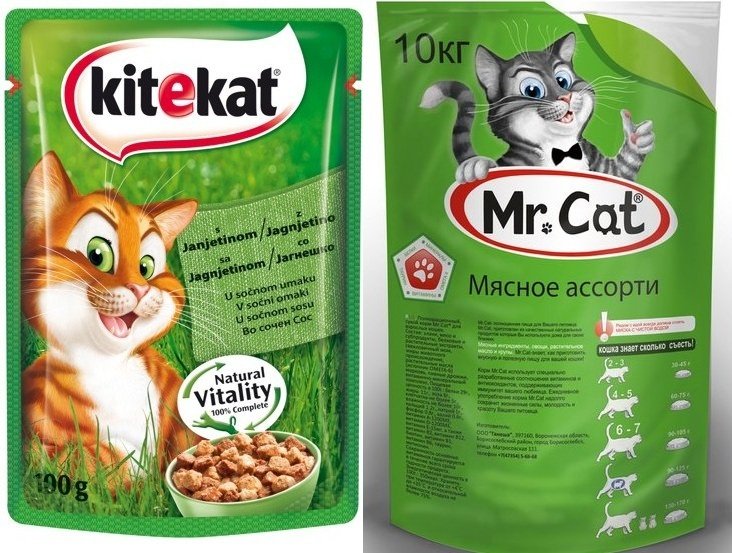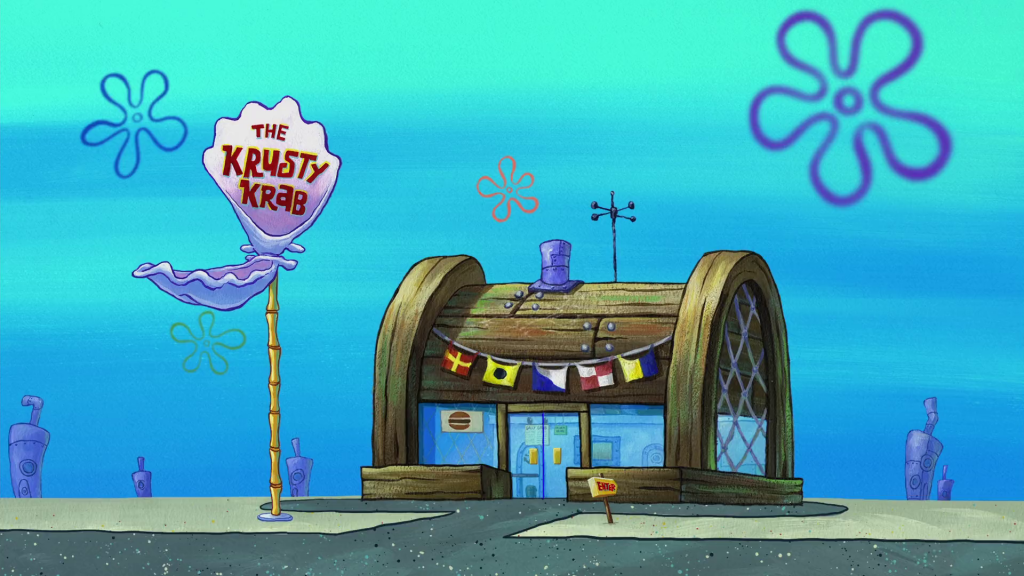Company Societe Jas Hennessy et Compagnie has chosen to sue bootleggers for trademark infringement and sought 5 mln Roubles as compensation. The group of four persons from Russian town Voronezh has manufactured alcohol under famous brands. The court accepted the lawsuit and will consider it.
Comments closed


